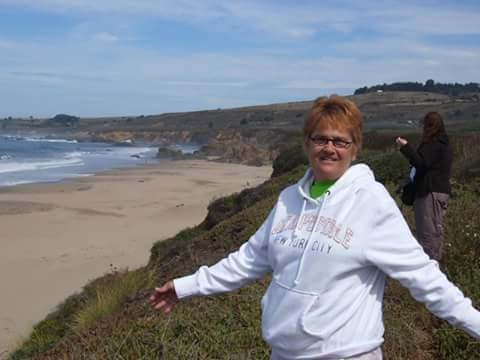
As a heart attack survivor who nearly died on the way to the operating room in 2001, Leann Larabel never misses a checkup with her Spectrum Health cardiologist.
Every four or five years, her regular visits also include a nuclear stress test—something Larabel, 65, had come to dread because the scanning machine made her feel claustrophobic.
Her reaction to the enclosed cylindrical device was so strong that she couldn’t lie still in it for a 15-minute test without first being given a sedative.
“They had to give me something to keep me calm because I’m claustrophobic, and when that disk went over me, I kind of panicked,” she said. “They couldn’t do it unless I was still.”
Faster and easier
Larabel was thrilled to learn about a new imaging technology now in use at the Spectrum Health Fred and Lena Meijer Heart Center, as well as at the Spectrum Health cardiovascular testing centers in Holland, Michigan, and on Bradford Street NE in Grand Rapids. These three machines are the first of only four devices of their kind in use in Michigan.
This new nuclear imaging system, the Discovery NM 530c, is not only less confining and more comfortable to recline in, but it also completes the scans in half the time.
For Larabel, these improvements made all the difference. She had her first experience with the Discovery nuclear imaging system in December and found she could relax and be tested without sedation.
“It wasn’t uncomfortable like the other one was,” she said. “I could lay my head down and feel relaxed and comfortable. I did have a tinge of the claustrophobia ’til we put a towel over my eyes so I couldn’t see (the scanner).”
The process was also noticeably faster. “I wasn’t under there 15 minutes—it was like 7 minutes, I think. It was much better for me,” Larabel said. And not needing sedation, she could drive herself home after the test.
Better yet, it’s safer
Speed and patient comfort are excellent benefits, but the new technology has an even bigger advantage, according to David Langholz, MD, FACC, a Spectrum Health Medical Group cardiologist with specialties in advanced heart failure and noninvasive cardiovascular imaging.
That advantage is patient safety—the result of the system’s ability to get the job done with greatly reduced radiation.
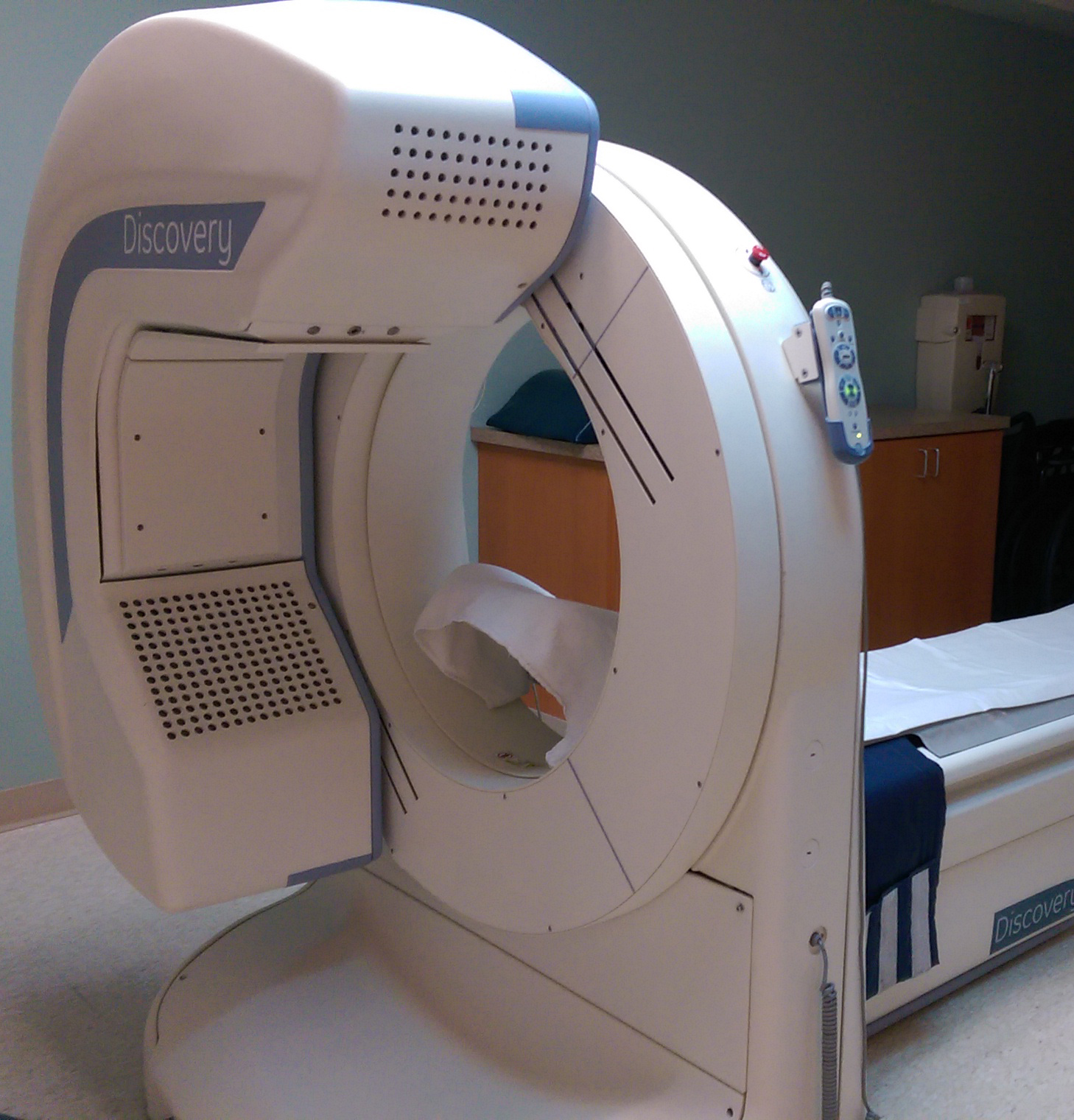
“There’s always been some concern, historically, about the high amount of ionizing radiation that patients are exposed to with any type of X-ray or nuclear test, and the patient’s risk of developing cancers downstream,” Dr. Langholz said.
“So we were really excited when this particular device came out and it really helped with the best of both worlds. No. 1, it was more comfortable for the patients, (and) all of the sudden now we get all of the benefit of nuclear stress testing with very little risk, because that radiation exposure is dropped so dramatically.”
All nuclear imaging systems require patients to receive, often by injection, a small amount of a radioactive drug called a radiotracer before scanning.
The radiotracer emits gamma rays, and the scanning machine detects those rays as they are emitted from the patient’s body and converts them into digital images.
Because of the Discovery system’s advanced radiation-detection abilities, it can capture images from much smaller amounts of radiotracer compared to older systems.
With the new system, patients receive half the dose of radiotracer, and “half the dose equals half the exposure,” said Lori Johnson, supervisor, Nuclear Cardiology.
Spectrum Health’s acquisition of the Discovery imaging system is part of a system-wide effort to reduce patient radiation exposure.
“We have been on an initiative to be not only the provider of the best-quality services, but to be the lowest radiation-exposure center in the state, and certainly one of the lowest ones in the nation,” Dr. Langholz said.
Who benefits?
The Discovery system is used mainly for stress testing. It can also be used to assess heart function, both for patients who have already been diagnosed with heart disease and for those who are experiencing symptoms that may be heart related.
Dr. Langholz outlined four types of patients for whom nuclear technology is the best imaging option if they need a stress test:
- Those with a pacemaker or similar implanted device
- Those whose EKG (or ECG) results are abnormal at rest
- Larger patients for whom it’s difficult to get a good ultrasound image
- Cancer patients whose heart function needs to be assessed because of the effects of chemotherapy on the heart and for whom ultrasound technology isn’t as effective
All of these patients can now benefit from the Discovery technology. But the people who appreciate it most may be those who, like Larabel, suffer from claustrophobia—as well as those who like the fact that the new system supports their head and lets them bend their knees.
“Part of the issue with the old devices was they were uncomfortable. It’s a flat table, you lie completely flat,” said Dr. Langholz. People who have trouble lying flat because of breathing issues and people with orthopedic issues—whether in the knees, hip, back or neck—all find the new design more comfortable.
“Our patients are very satisfied” with the improvements in comfort, speed and safety, Johnson said.
Plus, she said, the new system is less intimidating. “It’s not a moving unit and (the patient’s) head is out and it’s very small compared to a big CT or a big ring. It’s a lot smaller unit, so when you first walk in, you’re not taken aback.”
Patients aren’t the only ones who are happy with the new device. Doctors feel good about it, too.
“Whether it’s the patient I’m caring for or a family member, you realize, ‘Wow, we’re getting all the information we need out of this test—we didn’t have to sacrifice any of the information to get a faster study and less risk.'” Dr. Langholz said.
In Larabel’s case, the test results were just what she and her doctor hoped for.
“Matter of fact, they called me today,” she said the day after her appointment. “Everything was fine.”
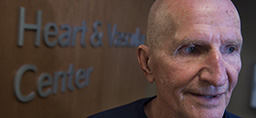 /a>
/a>
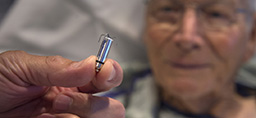 /a>
/a>
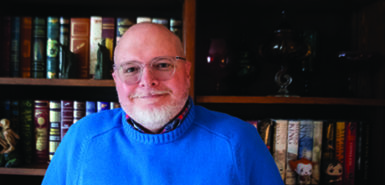 /a>
/a>